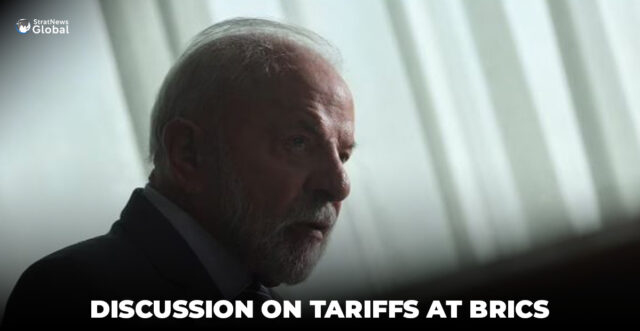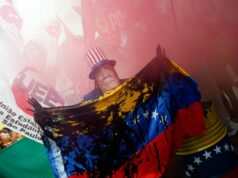Brazilian President Luiz Inacio Lula da Silva on Wednesday described himself as an advocate for multilateralism in a divided world and said he intends to speak with the leaders of India and China about a possible joint BRICS response to the U.S. import tariffs imposed by President Donald Trump.
“What President Trump is doing is tacit — he wants to dismantle multilateralism, where agreements are made collectively within institutions, and replace it with unilateralism, where he negotiates one-on-one with other countries,” Lula said.
“What bargaining power does a small Latin American country have against the United States? None.”
Lula said he will initiate a conversation at the BRICS group of developing nations about how to tackle Trump’s tariffs.
He said he planned to call Indian Prime Minister Narendra Modi on Thursday, and China’s Xi Jinping and other leaders after. The group also has Russia and other emerging economies among its members.
Discussion With BRICS Leaders
“I’m going to try to discuss with them about how each one is doing in this situation, what the implications are for each country, so we can make a decision,” he said. “It’s important to remember that the BRICS have ten countries at the G20,” he added, referring to the group that gathers 20 of the world’s biggest economies.
Lula stressed that Brazil now holds the presidency of the BRICS and said that he wants to discuss with allies why Trump is attacking multilateralism and what his goals may be.
Trump called the BRICS “anti-American” and threatened to slap an additional 10% tariff on goods imported from those countries last month, while the group gathered in a summit in Rio de Janeiro.
Some of the highest tariffs imposed by Trump have been on imports from those countries.
Brazil climbed to the top of the list last month, when Trump tied 50% tariffs on most of the country’s exports to what he called a “witch hunt” against former President Jair Bolsonaro.
On Wednesday, Trump threatened to impose another 25% tariff on Indian imports because of the country’s reliance on Russian oil, which would add to the 25% levies that are already in place.
The 30% tariffs on goods from China and South Africa are also among the highest imposed by Trump, though some Chinese products face additional levies.
(With inputs from Reuters)





